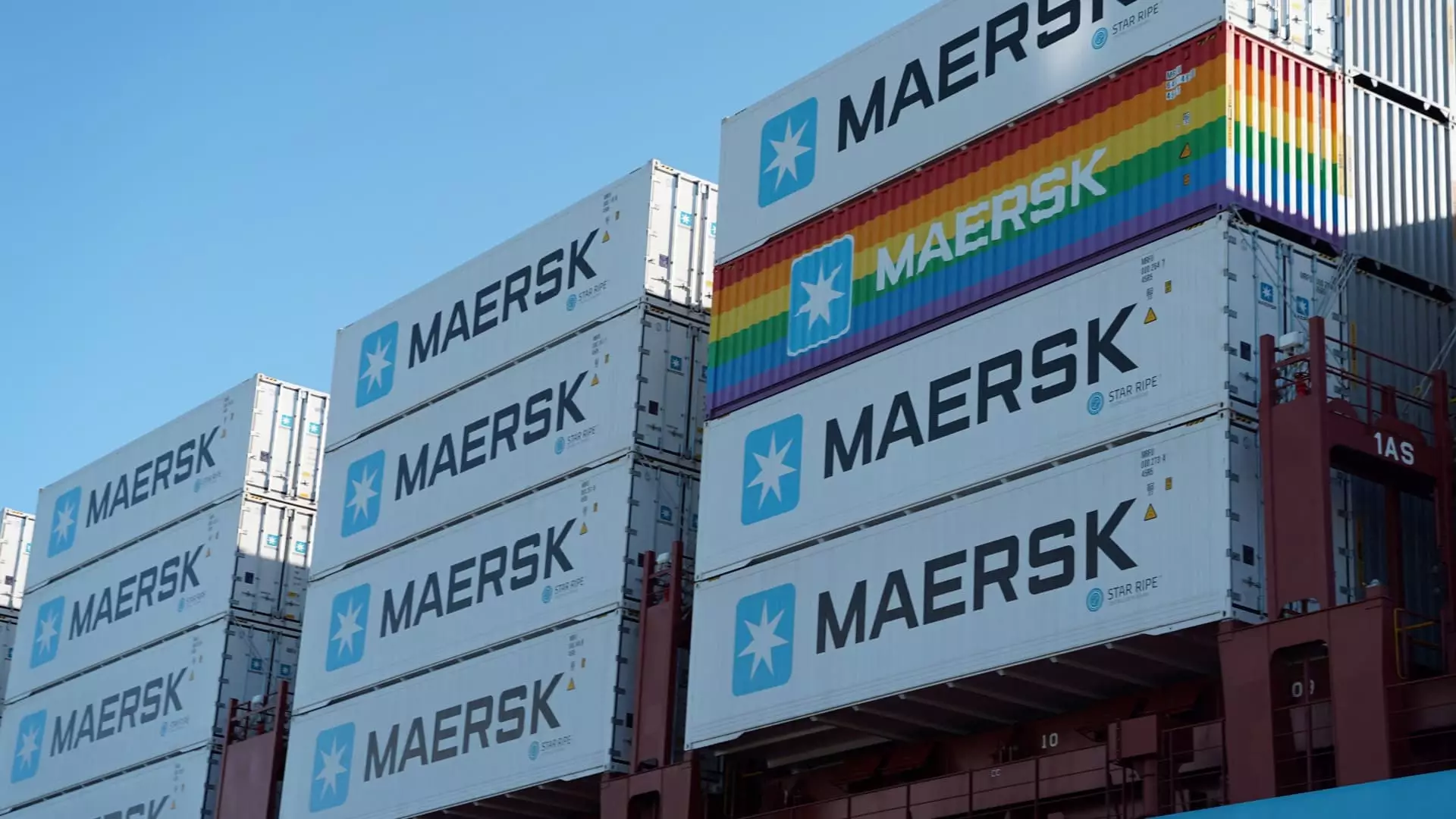After a period of suspension, Denmark’s Maersk, one of the world’s leading shipping companies, is preparing to resume its shipping operations in the Red Sea and the Gulf of Aden. This decision comes as a result of a U.S.-led military operation known as Operation Prosperity Guardian (OPG), aimed at ensuring the safety and security of commerce in the region. In this article, we will explore the impact of the suspension, the deployment of OPG, and the potential challenges that lie ahead.
Earlier in December, Maersk halted the transit of its vessels through the Bab el-Mandeb strait due to multiple attacks on its ships. The attacks not only raised concerns about the safety of Maersk’s operations but also had a significant impact on global commerce. As a result of the suspension, the Suez Canal, a vital trade route between Asia and Europe, was rendered unusable for most routes, causing disruptions in supply chains worldwide.
To address the growing security concerns and protect commerce in the Red Sea, the United States launched Operation Prosperity Guardian. This multinational security initiative aims to counter the threat posed by Iran-backed Yemeni militants, who have been targeting international vessels with drones and missiles. These attacks have been claimed as a response to Israel’s war in Gaza. Maersk has received confirmation that OPG has now been deployed, allowing maritime commerce to resume in the Red Sea and Gulf of Aden, and enabling the use of the Suez Canal as a gateway between Asia and Europe once again.
According to Maersk’s statement, they are now preparing to resume transit for vessels through the Red Sea in both eastbound and westbound directions. This is a positive development for the shipping industry and global trade as it restores an important trade route that had been disrupted for several weeks. However, Maersk remains cautious and states that they will closely monitor safety conditions and may resort to diverting ship traffic if necessary.
While the resumption of shipping operations is a promising step, there are potential challenges that need to be considered. The threat from Yemeni militants has not been completely eliminated, and there is always the risk of future attacks. Maersk acknowledges this by stating that they may still need to divert ship traffic depending on how safety conditions evolve. Additionally, the ongoing geopolitical tensions in the region, particularly between Iran and its adversaries, pose a constant threat to the security of maritime commerce in the Red Sea.
The resumption of shipping operations by Maersk in the Red Sea and Gulf of Aden is a sign of progress and resilience in the face of security challenges. The deployment of Operation Prosperity Guardian brings hope for safer trade routes and smoother logistics in the region. However, it is crucial for all stakeholders to remain vigilant and address the underlying issues that have led to these security concerns. The shipping industry, along with governments and international organizations, must work together to ensure the long-term safety and sustainability of global commerce.


Leave a Reply